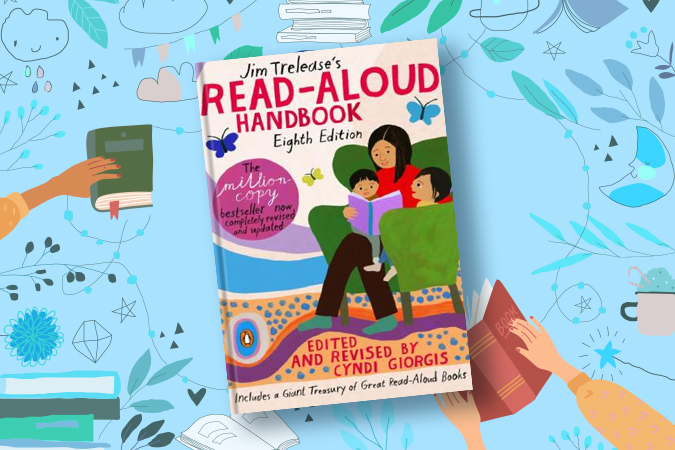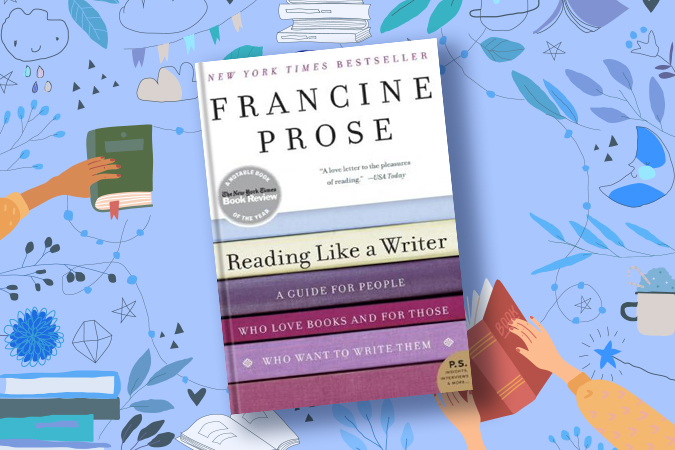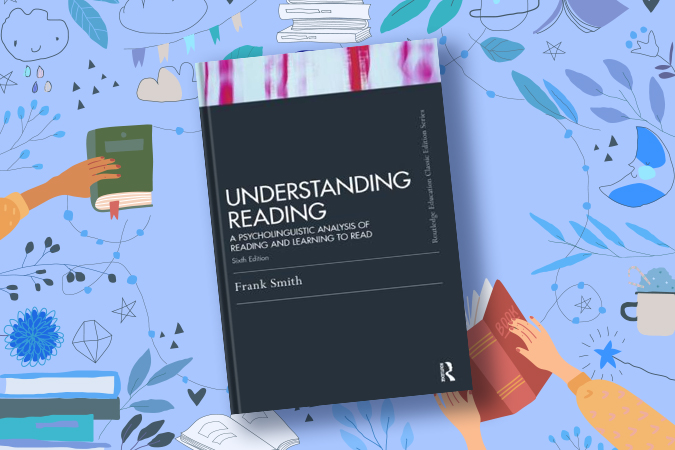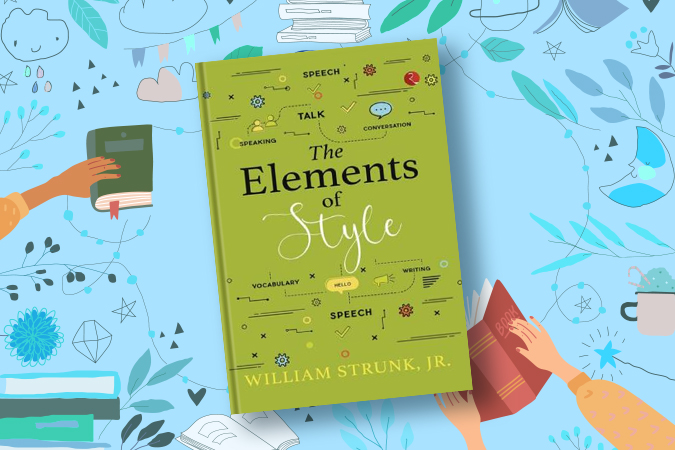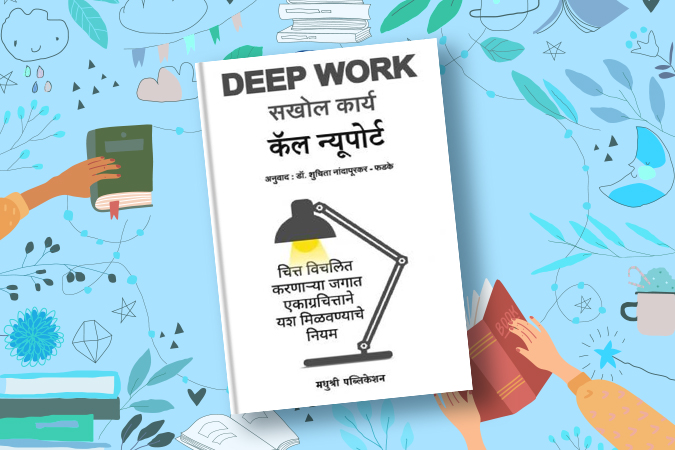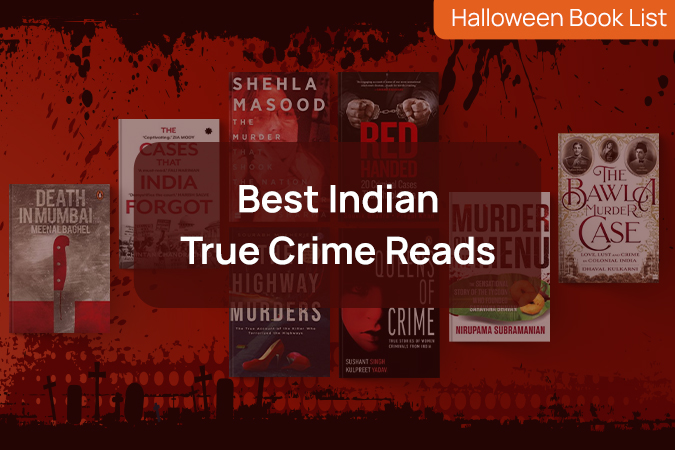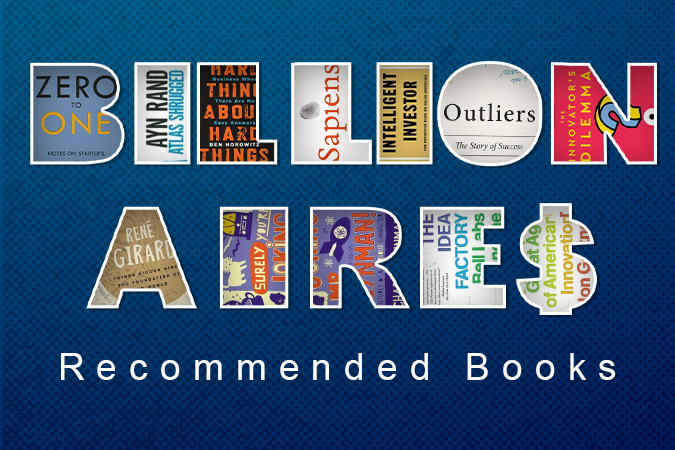
Here’s the bad news first…You’ve been reading wrong all your life.
Reading is not just about moving your eyes across a page – it’s a skill to be mastered and refined. Whether you’re a student, professional or lifelong learner, learning how to read more effectively can transform your relationship with books and enhance your learning capacity.
*Drumroll for the good news*
Mortimer Adler’s classic, How to Read a Book, is one of the best guides on this subject to help elevate reading from a passive activity to an engaging, insightful experience. This article explores the principles outlined in Adler’s work and offers strategies for enhancing your reading practices.
In How to Read a Book, Adler outlines four levels of reading, each building on the previous one:
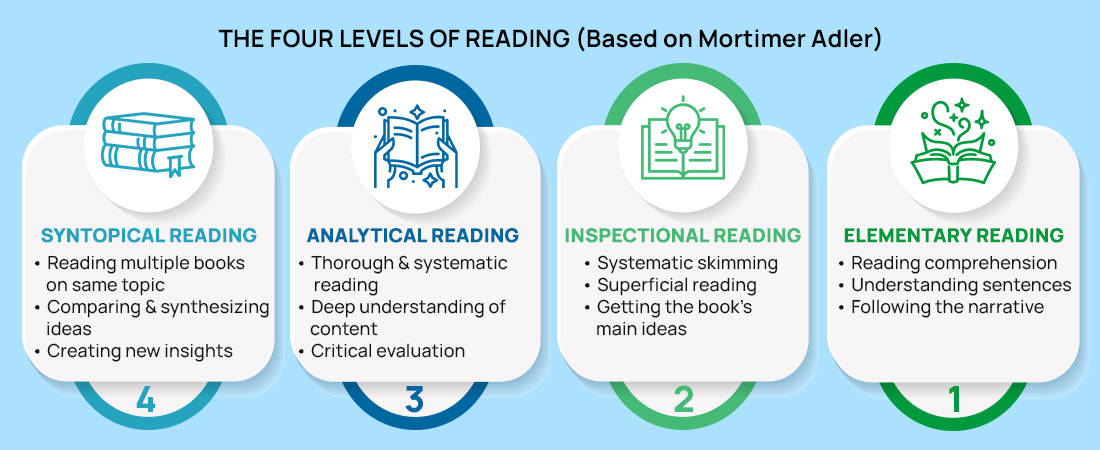
1. Set Clear Objectives
Before diving into a book, define your purpose. Are you reading for enjoyment, research, or skill development? Your goal will influence how you approach the text.
2. Preview the Material
Spend a few minutes skimming through headings, subheadings and summaries. Check index for key terms and read the jacket copy. This inspectional reading will give you a roadmap for your more detailed analysis.
3. Practice Active Reading
Effective note-taking enhances retention and is one of the best active reading strategies. Engage with the text by highlighting important passages and writing margin notes. Summarize key points with mind maps and jot down questions that arise.
4. Limit Distractions
Create a conducive reading environment. Put away your phone, turn off notifications and find a quiet, well-lit space where you can focus solely on your reading.
5. Schedule Regular Reading Time
Consistency is key. Set aside specific times each day or week dedicated to reading. This routine will help build your reading habit and improve your skills over time.
Understanding the context in which a book was written can significantly enhance comprehension.
Research the author’s background, the historical period, and the prevailing ideas at the time of writing. This contextual knowledge can illuminate themes and arguments, making your reading experience richer and more insightful.
- Trying to read everything at the same pace
- Refusing to abandon books that aren’t serving your purpose
- Neglecting to take notes
- Reading passively without engagement
- Attempting to speed read complex material
In addition to How to Read a Book, several other works can help readers refine their skills:
The Read-Aloud Handbook by Jim Trelease :
While focused on reading aloud, this book emphasizes the importance of storytelling and its impact on comprehension and enjoyment, applicable to all types of reading.
Reading Like a Writer by Francine Prose
Prose encourages readers to pay attention to the craft of writing, which can improve both reading and writing skills. Analyzing the author’s choices can deepen your understanding of the text.
Understanding Reading by Frank Smith
A seminal work that delves into the psycholinguistic nature of reading. Smith argues that reading is about comprehending meaning through prediction and context. His insights about “reading behind the eyes” – the cognitive processes that enable fluent reading – have significantly influenced reading instruction and research.
The Elements of Style by William Strunk Jr. and E.B. White
Though primarily a guide to writing, this classic text highlights clarity and precision, qualities that can enhance your reading comprehension and enjoyment. Choose this if you are a writer and need to explore an expository and descriptive writing style that can depict imagery to create a clear picture in the mind of the reader.
Newport defines deep work as “professional activities performed in a state of distraction-free concentration that push your cognitive capabilities to their limit.” The book outlines practical strategies for achieving this state, from scheduling techniques to environmental design. Newport argues that deep work is becoming increasingly rare yet more valuable in our digital age, making it a crucial competitive advantage for knowledge workers.
The art of reading effectively and efficiently is a skill that can be cultivated over time. Whether for personal growth, professional development or sheer enjoyment, mastering these reading strategies will teach how to read a book more effectively and efficiently.
So pick up a book today, and start your journey toward becoming a more effective and efficient reader!
The art of reading effectively and efficiently is a skill that can be cultivated over time. Whether for personal growth, professional development or sheer enjoyment, mastering these reading strategies will enrich your understanding of the world around you.
So pick up a book today, and start your journey toward becoming a more effective and efficient reader!
The art of reading effectively and efficiently is a skill that can be cultivated over time. Whether for personal growth, professional development or sheer enjoyment, mastering these reading strategies will enrich your understanding of the world around you.
So pick up a book today, and start your journey toward becoming a more effective and efficient reader!
The art of reading effectively and efficiently is a skill that can be cultivated over time. Whether for personal growth, professional development or sheer enjoyment, mastering these reading strategies will enrich your understanding of the world around you.
So pick up a book today, and start your journey toward becoming a more effective and efficient reader!

